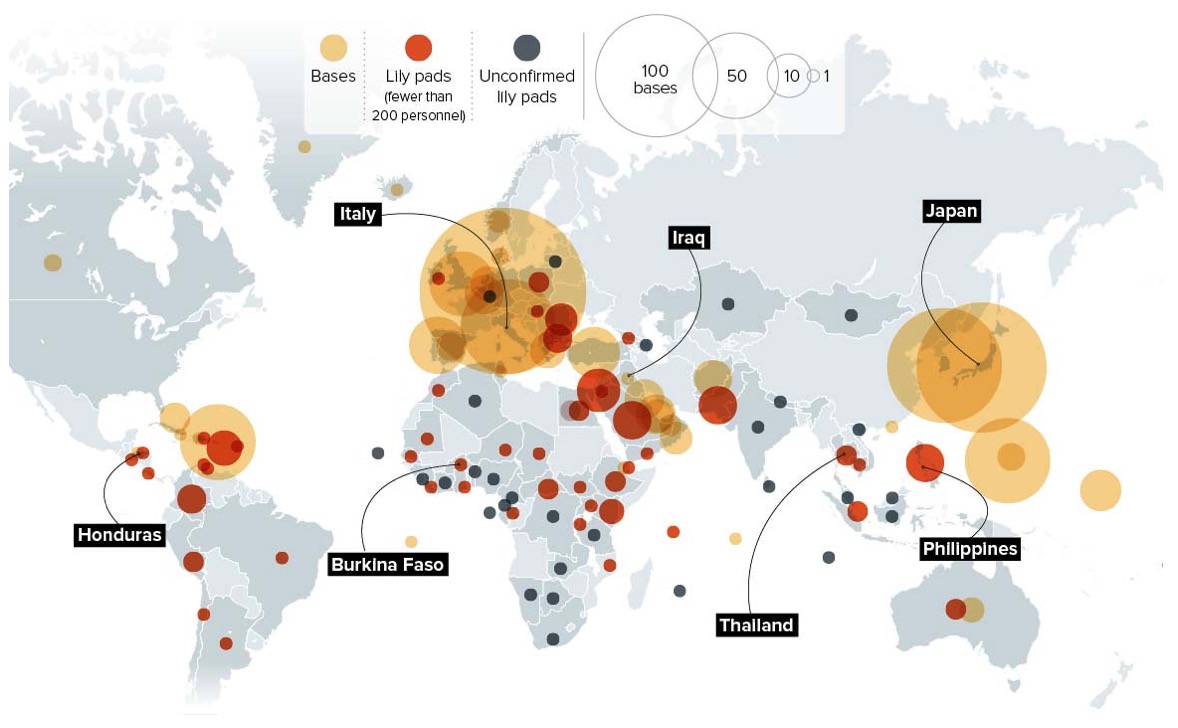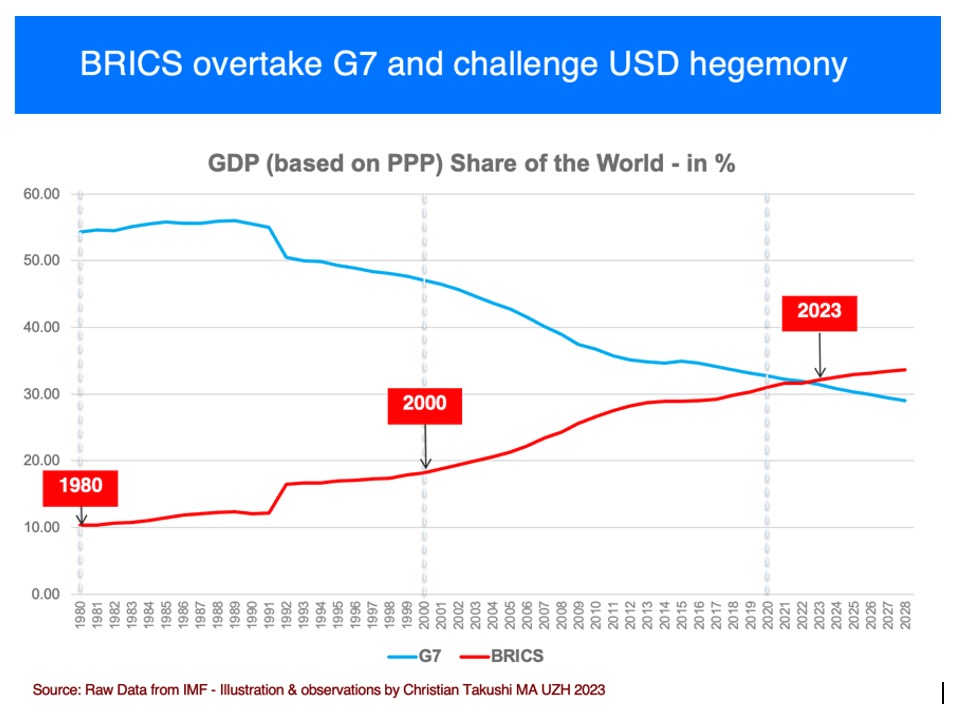Comments
GUEST COMMENTARY - Many people in the US scoff at the idea that there is a deep state that wields more power than the elected President and Congress. In fact, some compare the deep state idea to conspiracy theories like QAnon, which claimed a “cabal of Satanic, cannibalistic child molesters operated a global child sex trafficking ring that conspired against President Donald Trump.”
The scoffers should read the recent scholarship of Temple University political scientist Aaron Good for a carefully researched account of the deep state’s role in American politics.

In American Exception: Empire and the Deep State, Good explains the continuity of US foreign policy, regardless of which party controls the White House, Senate, and House. Good also contends that the deep state concept explains extreme concentration of wealth and power in the US among the overworld of the corporate rich. Overworld is Good’s term, building on the word underworld, to describe what others call the power elite.
Good’s understanding of the US empire is easy to visualize with a map of US military bases. Consolidated through a War II victory that left the US mainland unscathed, the United States now operates about 800 known foreign military bases, most of which are in Europe, Japan, and the Middle East.

This country’s enormous, global military encouraged US leaders, both elected and part of the deep state, to believe that the post- World War II world would continue in perpetuity through covert schemes and the extensive use of the US military, either directly or through proxies.
But the world is quickly changing, and both coups and direct and indirect military actions no longer maintain US hegemony. Even though there is substantial evidence that the post-World War II era of US global dominance is ending, this reality has not yet sunk in among this country’s elite.
How is the decline of the US empire unfolding? Like many other scholars, Good explains that the decline of US global dominance has accelerated because of the BRICS alliance. In addition to its founding members (Brazil, Russia, India, China, and South Africa), Ethiopia, Egypt, and the UAE have joined the alliance. Plus, 40 other countries have expressed an interest in BRICS membership.
This trend will not be reversed by such slogans of “Make America Great Again.” Likewise, Kamal Harris did not stop the rise of the BRICS with a nomination acceptance speech that called her opponent weak on US militarism.
Evidence of US decline:
Military defeats: Evidence of US decline includes a long string of military defeats, including the Bay of Pigs (Kennedy), Vietnam (Johnson and Nixon), Iraq (Bush and his successors), Afghanistan (Bush and Biden), and Libya (Obama).
Unwinnable proxy wars: Two current US proxy wars, Ukraine versus Russia and Lebanon and Gaza versus Israel, will not end in US victories. Israel, like 2006, Israel has not defeated Hezbollah in Lebanon and after 14 months of attacks on Gaza, defeated Hamas. Israel has killed and severely wounded tens of thousands Palestinian and Lebanese non-combatants, but this mass murder and devastation has not resulted in Israeli/US victories. Expanding these attacks to Syria and Iran has not brought the US and Israel closer to real victories.
Economy: At the end of World War II, the US accounted for half of the world’s economy. By 2023, the US share has declined to 13 percent. Why such a precipitous decline? In 2023 the original BRICS members overtook the G7 nations (Canada, France, Germany, Italy, Japan, the United Kingdom, and the United States) in the overall size of their combined economies. With faster growth rates and more countries joining BRICS, this difference is widening.

Transportation - In the United States, the transportation system does not yet include any high speed rail lines. In comparison, China – the largest BRICS economy and world’s leader in high speed rail -- will soon have 31,000 miles operational, with 10,000 more miles in development.
How will the United States respond to the economic, political, and military decline? Will elected officials and the deep state roll with the punches, or continue to deny this country’s global decline. While the future is hard to predict, recent history suggests denial. For example, President-elect Trump has threatened to militarily escalate in Gaza to get Hamas to release surviving Israeli hostages. These threats not only conflict with US public opinion but ignore the enormous political and military support Biden (guided by the deep state) provided Israel. The US not only shared intelligence but gave billions of dollars in weapons to Israel since the Hamas ghetto revolt of 14 months ago. Even though Israel has murdered or seriously wounded well over 100,000 Gazans with these weapons, Mr. Trump will need more than bluster to differentiate his Gaza policies from Biden’s. If he somehow escalates, how will he then deal with the predictable blowback, especially from allies who have had enough of a declining empire’s losing wars of choice, whether in the Ukraine or in Gaza?
Stay tuned for the next chapters in this saga!
(Victor Rothman is a California-based policy analyst and a regular contributor to citywatchla.com)







